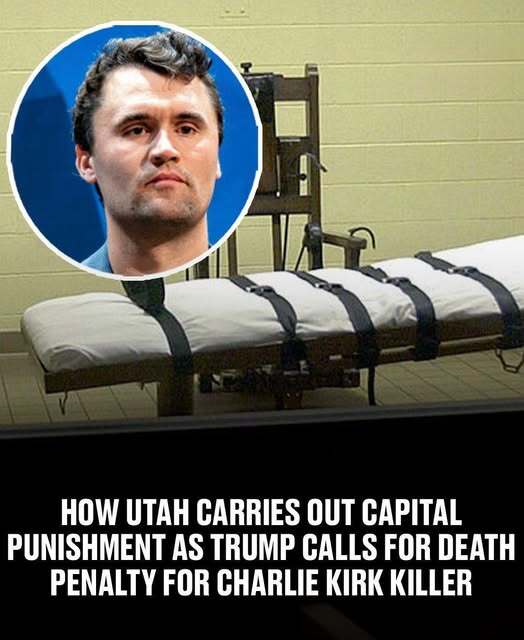The assassination of conservative activist Charlie Kirk has reignited national debate over the death penalty, particularly in Utah—one of the few states that still allows execution by firing squad.
On September 12, authorities arrested 22-year-old Tyler Robinson in connection with Kirk’s killing at Utah Valley University. A tip from a relative led to his capture, and investigators tied him to the crime using forensic evidence. While Robinson has not yet been formally charged, prosecutors are considering aggravated murder charges—making him eligible for capital punishment under Utah law.
Former President Donald Trump quickly called for the death penalty, calling the killing “unforgivable.” Utah Governor Spencer Cox echoed that sentiment, emphasizing the state’s commitment to use “the full extent of the law.” Under Utah’s system, lethal injection is standard, but fir ing squad remains an option if drugs are unavailable or the inmate requests it.
Utah has executed eight people since 1976—most recently by firing squad in 2010. Still, legal appeals often delay executions for decades. Critics argue the system is outdated and error-prone; supporters view it as a necessary deterrent.
If Robinson is convicted and sentenced to death, his case will test Utah’s capital punishment process like no case in over a decade. It raises broader questions about justice, politics, and whether a method as controversial as the firing squad still has a place in modern America. For now, the case remains in early stages, but the legal and moral weight of what comes next is already drawing national attention.





